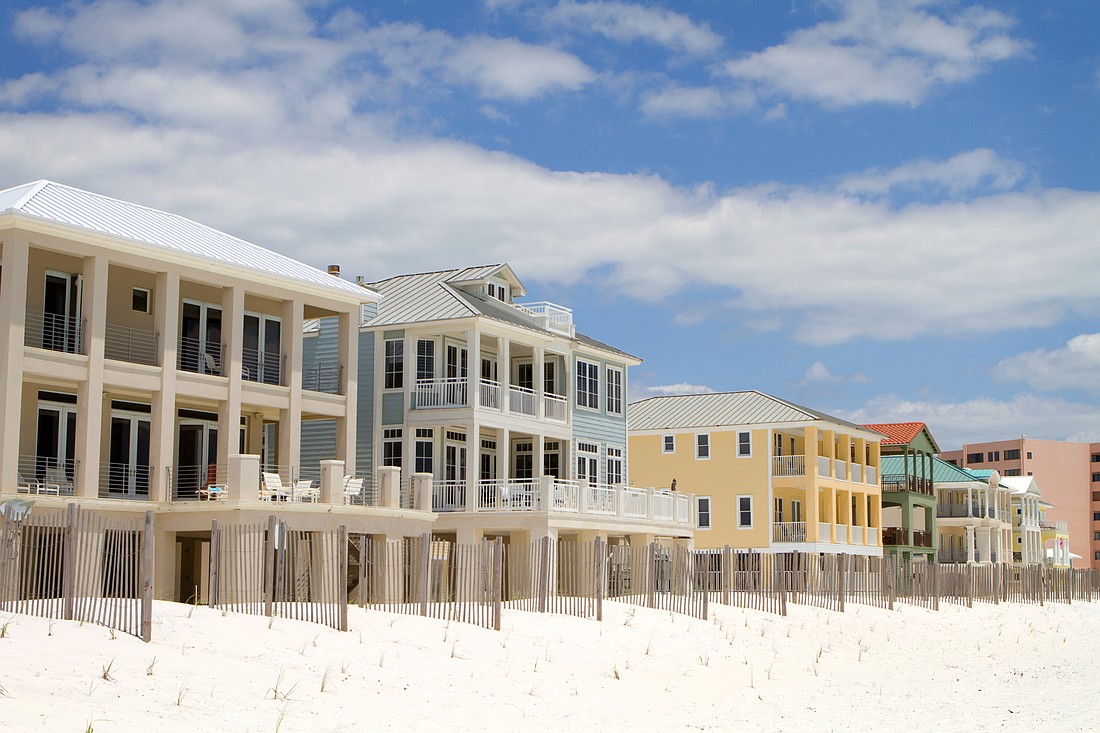- January 16, 2025
-
-
Loading

Loading

by: Scott Powers
Florida Politics+
In an annual rite of legislation, the Florida Senate is preparing again to consider making regulation of vacation rental homes and their marketing platforms a statewide process.
This year’s most likely main legislative vehicles are Republican Sen. Danny Burgess‘ Senate Bill 512 and Republican Rep. Jason Fischer‘s House Bill 325. They are much like the final version of last year’s effort — which made it further through the Legislative Process than most efforts in previous years — but it still died in the Session’s closing days.
This year’s effort likely draws the same largely nonpartisan political battle lines between proponents of the 21st century disruptive lodging business best known through the marketing platforms Airbnb and VRBO, and those who see the vacation homes, apartments, condos and rental rooms as mini-hotels slipped into residential neighborhoods, which can be, at their worst, spring breakers’ party centrals.
“Vacation rentals have become a perennial issue that I hope to help resolve,” Burgess said. “Last year, the Legislature brought all the stakeholders to the table and made some real progress. I look forward to building upon the foundation they have laid and working out a solution that puts this issue to bed.”
The thousands of Floridians making some money off a spare bedroom, apartment, or house want this issue seen as an entrepreneurial matter of property rights. If they let a few guests stay in their private home for a fee, whose business is that?
Florida’s traditional lodging industry wants — for the sake of business fairness, public safety and anti-discrimination concerns — to see regulation much like what hotels, motels, and bed and breakfasts follow.
Cities and counties want vacation rentals regulated locally — under the assumption that houses that accommodate fresh sets of tourists every weekend might be good fits for Sanibel, but maybe not so good for Winter Park.
The marketing platforms want uniform regulation, so they’re not having to thread one complex law in Key West and yet another in Panama City Beach, for example.
Already, under city ordinances enacted before the Legislature preempted future vacation rental laws in 2011, the business model faces almost forbidding regulations in some places like Miami Beach and almost nothing in others. State sales and local tourist taxes are collected from vacation rental guests in organized manners in some counties and left to property owners to collect elsewhere, a model that leaves some renters under the model skipping tax collection with the hope they just won’t get caught.
Then there is concern for Florida’s affordable housing crunch, as literally hundreds of homes in places like Four Corners are being purchased by real estate investors explicitly to be operated as vacation rentals, essentially creating vacation rental communities at the doorsteps of Florida’s great tourist meccas like Walt Disney World.
The proposed bills do little to tighten regulations on vacation rentals beyond what cities or counties already require of every other home. The measures continue to preempt almost all laws and regulations to the state, unless they were in place by 2011.
The bills do, however, give local governments the power to require that vacation rentals be registered with local authorities with processing fees of up to $50, to let local authorities know what’s there, and to build databases of local vacation rentals, their owners, and whom to call if there are problems — information that does not centrally exist now in many places.
The vacation rentals’ owners would get duly informed about any local tourist development taxes and ordinary zoning, parking, trash, noise, public safety, and other ordinances that apply to all houses.
The state would license the properties as “transient public lodging.”
The state would require marketing platforms to make sure sales and tourist taxes are collected and paid to the government, and that basic laws such as anti-discrimination are followed. The Division of Hotels and Restaurants would get the power to suspend lodging licenses, including for multiple violations of city ordinances on things like noise, parking, and trash.
As usual, the opposing interests are guarded.
“We are still reviewing and while the bill has some good compliance language included, it also has some contradictions on preemption,” said Denis Hanks, executive director of the Florida Vacation Rental Management Association. “As written, we could not support it.”
“We are reviewing the bill and will look to our membership for direction,” said Cragin Mostelle, spokesman for the Florida Association of Counties. “However, while there is still work to be done, this initial bill is a step in the right direction.”